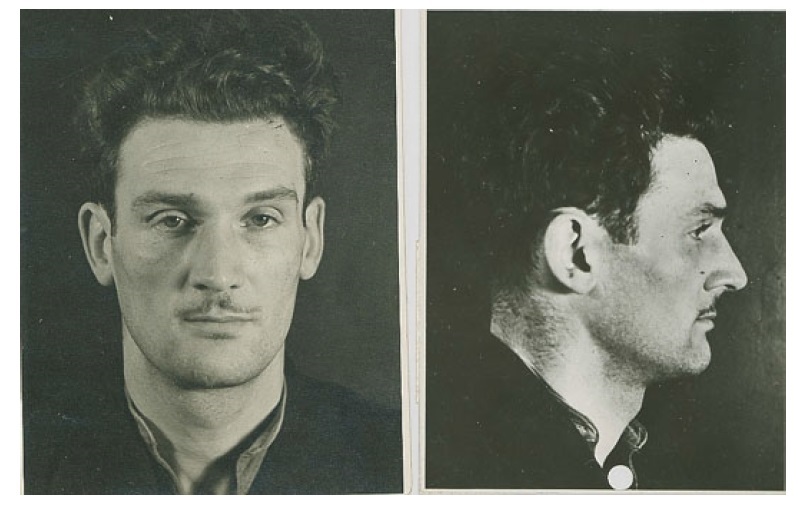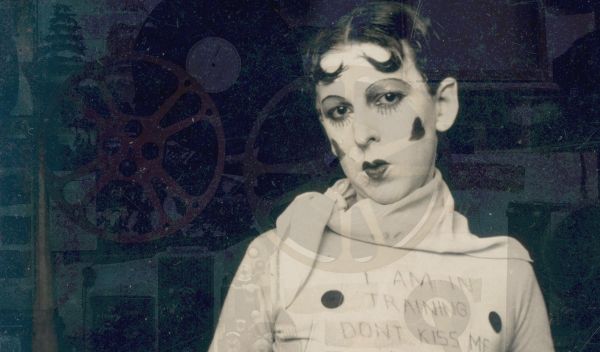

A burglar in Jersey's jail managed to secure an early release after agreeing to work as a Nazi spy.
The story is one of many interesting tales to emerge from Jersey's prison during the Occupation era, as historians revealed...
"Throughout the German occupation Jersey must have felt like one large prison to Islanders. Leaving was forbidden and the population had to obey a series of oppressive rules and edicts from the occupying forces.
Jersey’s own prison remained in operation and was busier than ever. At a time when right and wrong weren’t always clear cut and desperation drove people to extreme behaviour, many Islanders were imprisoned for various reasons.
Jersey’s prison actually belonged to an earlier conflict. It had been built in 1811 with thick, solid stone walls to house prisoners at the time of the Napoleonic War. By the 1940s it was old-fashioned with very basic facilities.
When the Germans arrived in Jersey they observed that the prison was clean and well-run despite its age. They were surprised that there were no political prisoners, which, following the rise of fascism in the 1930s, was a common situation in Germany.
One prisoner who came to the Germans’ attention was the infamous Eddie Chapman who was an Englishman serving time for burglary in Jersey. Eddie offered to work for the Germans as a spy in return for his freedom.

Pictured: Eddie Chapman, otherwise known as 'Agent ZigZag'.
However, he later became a British double agent with the code name ZigZag and led an extremely eventful war.
Under German rule the cells soon became full and the prison was overcrowded. Many locals found themselves sentenced for seemingly petty charges such as being out after curfew, cycling two abreast or drunkenness. One man was arrested and charged for making rude remarks about the behaviour of Germans, another for taking photographs without a permit.
Sentences for these minor crimes were often short with about three weeks a common stretch. Longer sentences were reserved for more serious crimes such as burglary.
Another famous prisoner was Lucy Schwob or the renowned artist Claude Cahun, as she was better known. Along with Susanne Malherbe, the German Court sentenced her to death for inciting German troops to rebel.

Pictured: Renowned surrealist photographer Claude Cahun was also a prisoner.
The Bailiff Sir Alexander Countanche intervened and wrote a letter appealing for leniency to the Kommandant. The sentence was commuted and both women served prison time instead.
Prisoners were put to work each day on a variety of tasks. One of the main jobs was chopping wood which was in high demand due to a shortage of other fuels.
As food shortages became more acute, petty theft on the Island was rife. Eventually so many people were imprisoned that extra accommodation was provided in huts. Despite the growing prison population, facilities for washing remained limited and there were only four toilets.
The overcrowding became so bad that both the UK Ministry of Health and a former doctor at Strangeways Prison in Manchester were consulted. They suggested that some prisoners might choose when to serve their time, freeing farmers for the harvest for instance.
Pictured: Many islanders were locked up for petty crimes such as cycling two abreast or drunkenness.
As the years went by and war took its toll on the occupying forces, part of the prison’s accommodation was used by the Germans for their own defaulters.
For the most part, inmates’ health was well looked after with the prison doctor visiting weekly. Despite the over-crowding he found no serious illness or epidemics. The Governor’s wife, Mrs Briard, cooked for the local prisoners and it was said that unlike much of the Island’s population, some of them actually put on weight during their captivity."
Historians reveal young linguist's crucial role in Occupation
Bereaved mother's tree helped Jersey remember
Comments
Comments on this story express the views of the commentator only, not Bailiwick Publishing. We are unable to guarantee the accuracy of any of those comments.